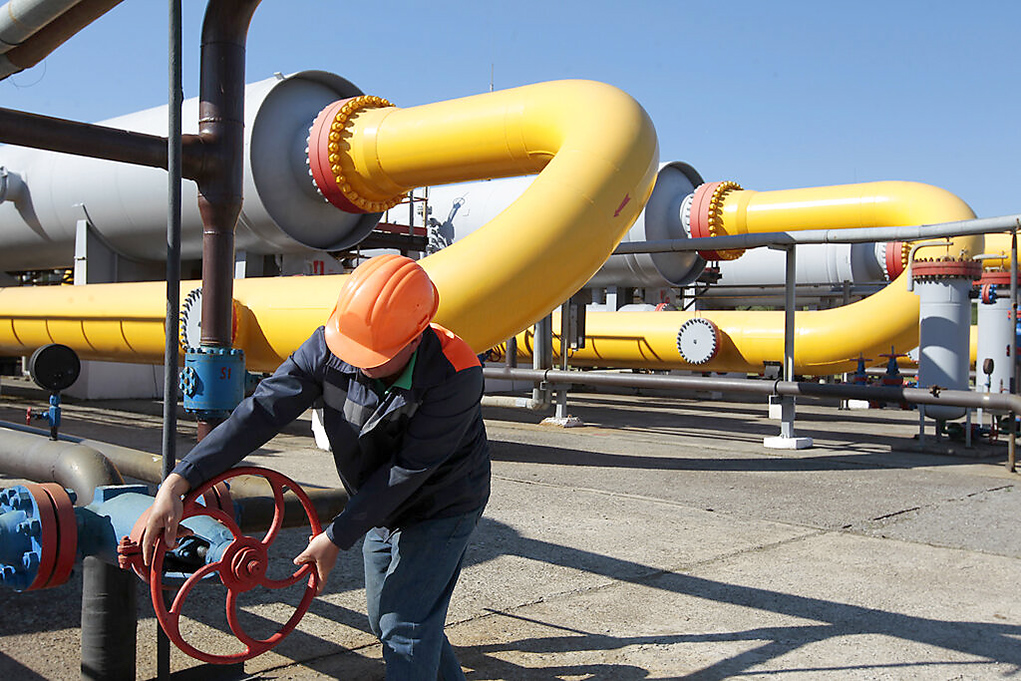Denmark Pushes EU to Seal Loophole on Russian Gas Imports

Denmark, which currently holds the rotating presidency of the Council of the European Union, has proposed new measures to prevent Russian natural gas from entering Europe once a full import ban comes into force in 2027.
The Gaze reports this, referring to Bloomberg.
According to a document seen by Bloomberg, Copenhagen is urging member states to require gas importers to prove that their supplies are not of Russian origin.
The move is designed to close a potential loophole that could allow Moscow to continue funneling gas into the bloc indirectly.
Particular concern has been raised over volumes arriving through the TurkStream pipeline, which carries gas from Russia to Southeast Europe via Turkey.
“Natural gas entering the Union through borders or interconnection points between the Union and Russia or Belarus and through the interconnection point Strandzha 2 / Malkoclar (Turkstream) shall be presumed to be exported, directly or indirectly, from the Russian Federation, unless unambiguous evidence unless importers present clear evidence otherwise,” the statement reads.
The draft also calls for the phaseout of Russian supplies under short-term contracts, defined as less than one year, by June 17, 2026, with exceptions for landlocked states such as Hungary and Slovakia.
Deliveries under existing long-term agreements would be banned by the end of 2027.
Copenhagen aims to secure agreement among EU governments by October 2025, before opening negotiations with the European Parliament, with the goal of finalizing legislation by year-end.
The European Commission in May unveiled a roadmap to eliminate Russian gas imports entirely by 2027, alongside efforts to reduce purchases of Russian oil.
However, resistance remains: Hungary and Slovakia openly oppose the plan, while France and Belgium, Europe’s two largest buyers of Russian liquefied natural gas, have also expressed reservations.
Read more on The Gaze: Are Ukraine’s Allies Ready to Take Sanctions Against Russia to the Next Level in 2025?